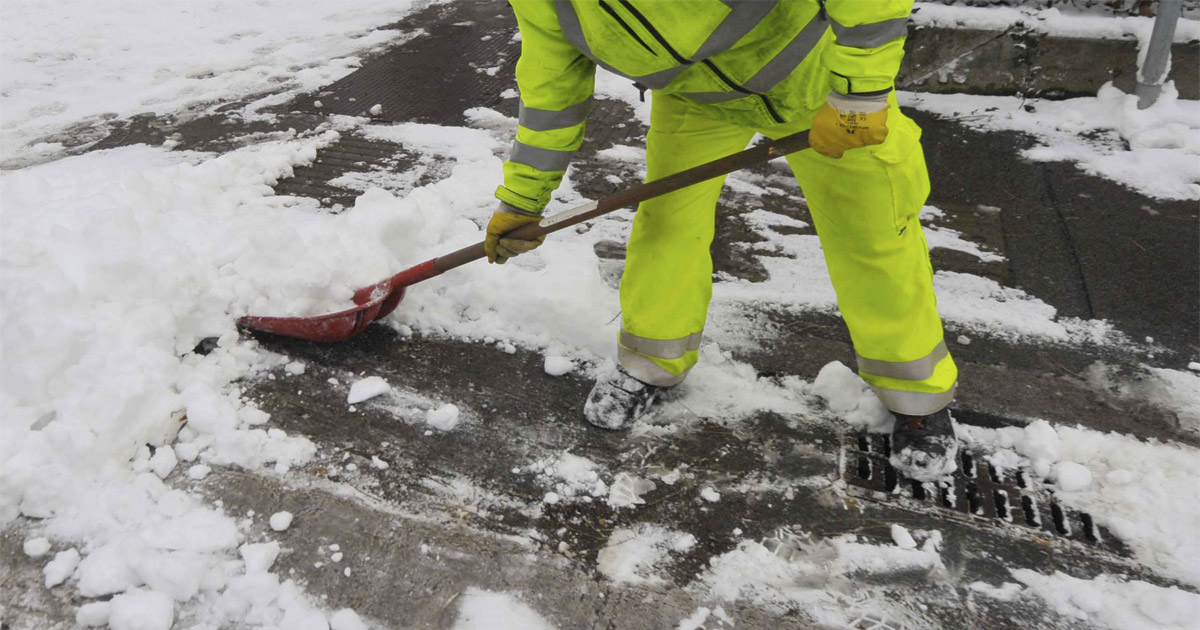You may have seen the signs advertising seasonal positions at many retail stores as they gear up for the holiday rush. State law defines seasonal workers as those employed for 36 weeks or less. Seasonal work is also associated with a specific time of year, such as a holiday or tourism event. However, seasonal workers are not the same as temporary workers placed through temporary service firms. If you are a seasonal worker, it is essential to know your rights.
The manager or supervisor responsible for hiring seasonal employees is often not well versed in employment law and, as a result, may not realize if they make mistakes in how they are treated. The Fair Labor Standards Act (FLSA) covers seasonal workers. According to the FLSA, a seasonal worker must be paid at least the minimum wage and possible overtime. Seasonal workers can be hired for part-time or full-time positions based on the company’s needs.
Rights of Workers Who Are Minors
Due to the shortage of available labor, many companies turn to young people to fill seasonal positions. Some laws specifically address the treatment of young people relative to their age. The regulations for children 14 and 15 years of age are stringent and limit the time they may work under specified conditions. The job must be non-hazardous and may not involve manufacturing.
Minors who are 16 and 17 years of age have no restrictions on the number of hours they can work, but they are prohibited from working in hazardous occupations and may not operate trash compactors, meat slicers, and dough mixers. As part of employment, there are also strict limitations on driving on public roads.
Seasonal Workers and the Right to Workers’ Compensation Benefits
Some seasonal jobs are hazardous, such as landscaping and snow removal. Other seasonal jobs come with the risk of injury from repetitive tasks, like scanning items for inventory, stocking shelves, lifting heavy boxes, or slip and fall accidents on wet floors. What are your rights if you are injured on the job as a seasonal worker? The answer lies in whether you were hired as an employee or an independent contractor.
You should be eligible for Workers’ Compensation benefits if you are an employee and suffer a work-related injury. If you have a full-time and seasonal job, your benefits will be based on the job where your work injury happened.
For clarification on your seasonal employment rights, contact an experienced employment lawyer.
Cherry Hill Employment Lawyers at Burnham Douglass Protect the Rights of Seasonal Workers
If you are concerned that your rights as a seasonal worker have been violated, our Cherry Hill employment lawyers at Burnham Douglass are here to help you. To schedule a free consultation, call 856-751-5505 or complete our online form. Located in Marlton and Northfield, New Jersey, we serve clients in South Jersey, including Evesham Township, Cherry Hill, Camden County, Burlington County, Northfield, and Atlantic City.


